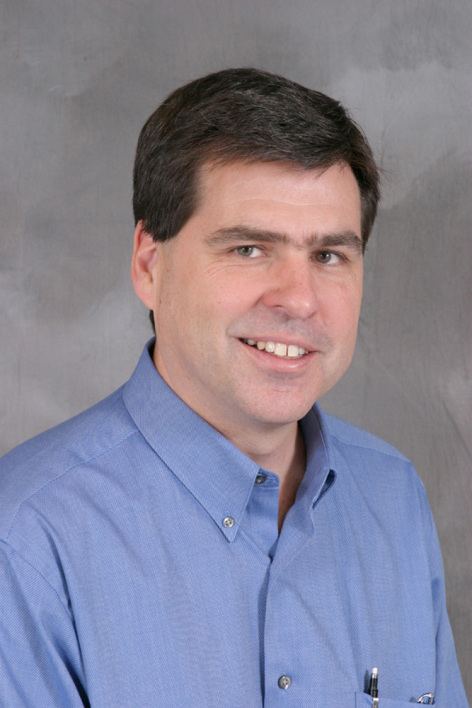AMES, Iowa – An Iowa State University-based research project has designed a free online course available to anyone interesting in learning about the energy-production potential of perennial grasses.
The massive open online course, or MOOC, allows those who enroll to work at their own pace through a range of multimedia materials focused on the vast possibilities perennial grasses have to drive sustainable energy production.
The course arose from the efforts of CenUSA Bioenergy, a research project led by Iowa State and funded by the U.S. Department of Agriculture’s National Institute of Food and Agriculture.
Kenneth Moore, a Distinguished Professor of agronomy and director of CenUSA Bioenergy, said the course allows students to go through the material on their own terms, allowing them to explore the material that most captures their interest as the course progresses.
“We wanted to engage people with ideas and then let them follow their own curiosity,” Moore said.
Perennial grasses, or those that grow back year after year such as switchgrass or miscanthus, possess great potential to produce biomass that can be used to create energy. But little exists in the way of infrastructure and market incentives to tap that potential. CenUSA, which includes researchers at eight universities and USDA, is investigating how to create a Midwestern sustainable biofuels and bioproducts system.
“If you’re a citizen with an interest in solutions to create sustainable energy, to protect our water quality and environment and generate new income for farmers, this course might be something for you to look at,” Moore said.
The online course doesn’t require any expertise in agronomy, said Amy Kohmetscher, an instructional development specialist at The Ohio State University’s Agricultural Technical Institute, who helped design the course. Kohmetscher said the course is meant to reach a wide audience but it contains links to more advanced research materials if users wish to dive deeper into the topics.
“The beauty of the course is that it’s built to let people pick and choose what they want to do,” she said. “Nothing is required, and it’s all self directed.”
Kohmetscher said the course is not led by an instructor, but users can contact a staff member with concerns or questions.
The course’s content includes images, videos, articles and webinars to help users engage with the concepts. Kohmetscher said users can take pre-tests to gauge their grasp of the concept before exploring the material. And those who complete the course will receive electronic badges to reward their diligence, she said.
“There are several things we hope our participants will gain from this online course,” Kohmetscher said. “For some, it’ll be beneficial to learn about some new options on the horizon for producing biofuels and exploring new careers to support that industry, all with the goal of meeting our country’s energy needs. For others, learning how they might be able to grow perennial grasses on marginal or unused cropland for biofuel might give them new options to diversify their farming operations.”
